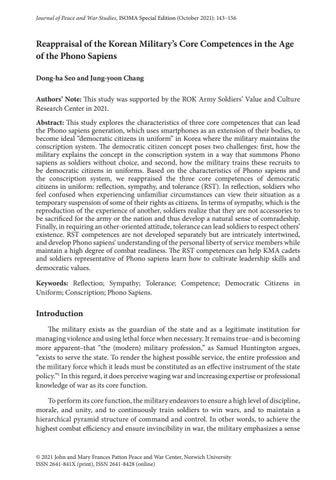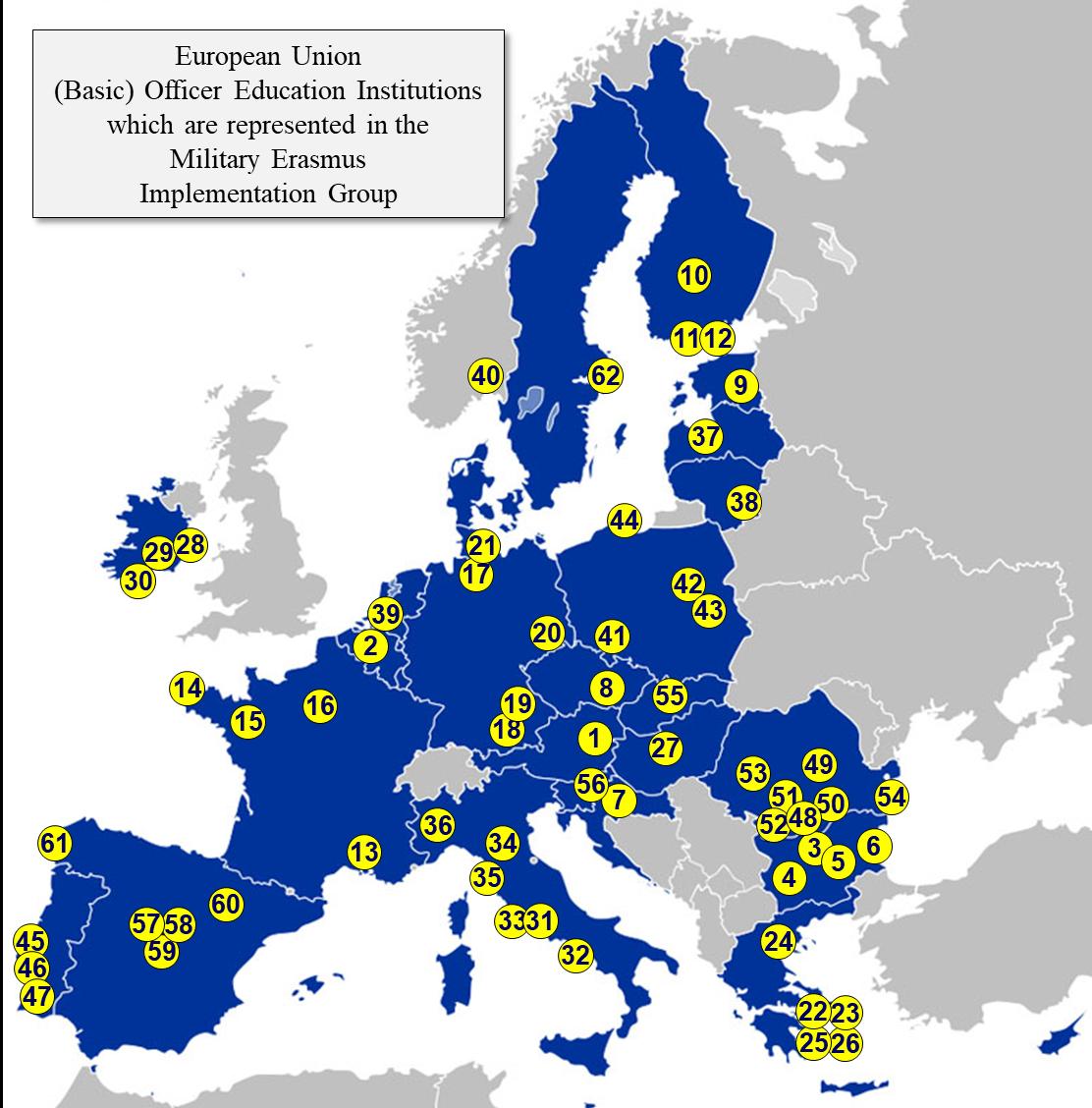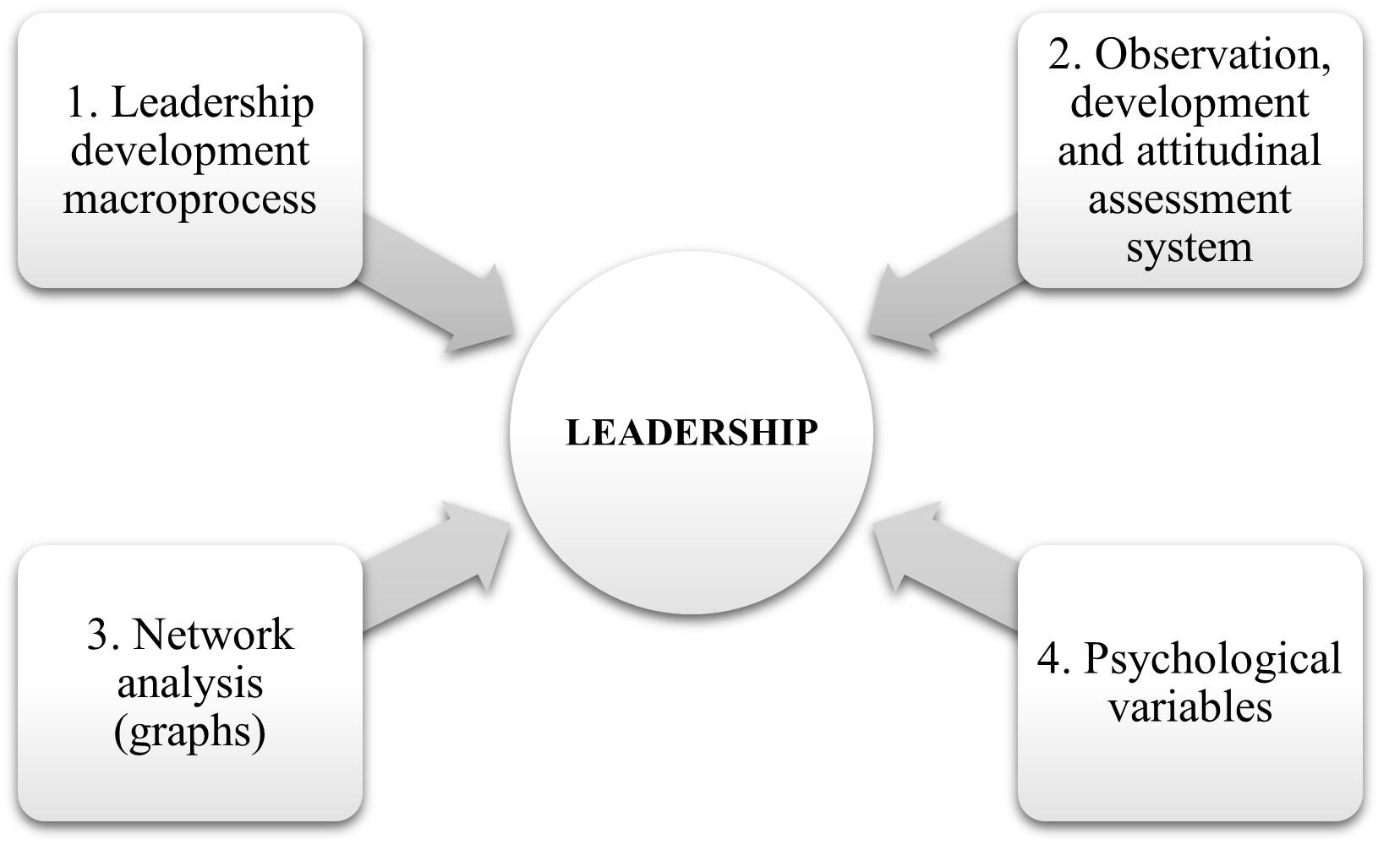Journal of Peace and War Studies, ISOMA Special Edition (October 2021): 143–156
Reappraisal of the Korean Military’s Core Competences in the Age of the Phono Sapiens Dong-ha Seo and Jung-yoon Chang Authors’ Note: This study was supported by the ROK Army Soldiers’ Value and Culture Research Center in 2021. Abstract: This study explores the characteristics of three core competences that can lead the Phono sapiens generation, which uses smartphones as an extension of their bodies, to become ideal “democratic citizens in uniform” in Korea where the military maintains the conscription system. The democratic citizen concept poses two challenges: first, how the military explains the concept in the conscription system in a way that summons Phono sapiens as soldiers without choice, and second, how the military trains these recruits to be democratic citizens in uniforms. Based on the characteristics of Phono sapiens and the conscription system, we reappraised the three core competences of democratic citizens in uniform: reflection, sympathy, and tolerance (RST). In reflection, soldiers who feel confused when experiencing unfamiliar circumstances can view their situation as a temporary suspension of some of their rights as citizens. In terms of sympathy, which is the reproduction of the experience of another, soldiers realize that they are not accessories to be sacrificed for the army or the nation and thus develop a natural sense of comradeship. Finally, in requiring an other-oriented attitude, tolerance can lead soldiers to respect others’ existence. RST competences are not developed separately but are intricately intertwined, and develop Phono sapiens’ understanding of the personal liberty of service members while maintain a high degree of combat readiness. The RST competences can help KMA cadets and soldiers representative of Phono sapiens learn how to cultivate leadership skills and democratic values. Keywords: Reflection; Sympathy; Tolerance; Competence; Democratic Citizens in Uniform; Conscription; Phono Sapiens.
Introduction The military exists as the guardian of the state and as a legitimate institution for managing violence and using lethal force when necessary. It remains true–and is becoming more apparent–that “the (modern) military profession,” as Samuel Huntington argues, “exists to serve the state. To render the highest possible service, the entire profession and the military force which it leads must be constituted as an effective instrument of the state policy.”1 In this regard, it does perceive waging war and increasing expertise or professional knowledge of war as its core function. To perform its core function, the military endeavors to ensure a high level of discipline, morale, and unity, and to continuously train soldiers to win wars, and to maintain a hierarchical pyramid structure of command and control. In other words, to achieve the highest combat efficiency and ensure invincibility in war, the military emphasizes a sense
© 2021 John and Mary Frances Patton Peace and War Center, Norwich University ISSN 2641-841X (print), ISSN 2641-8428 (online)











